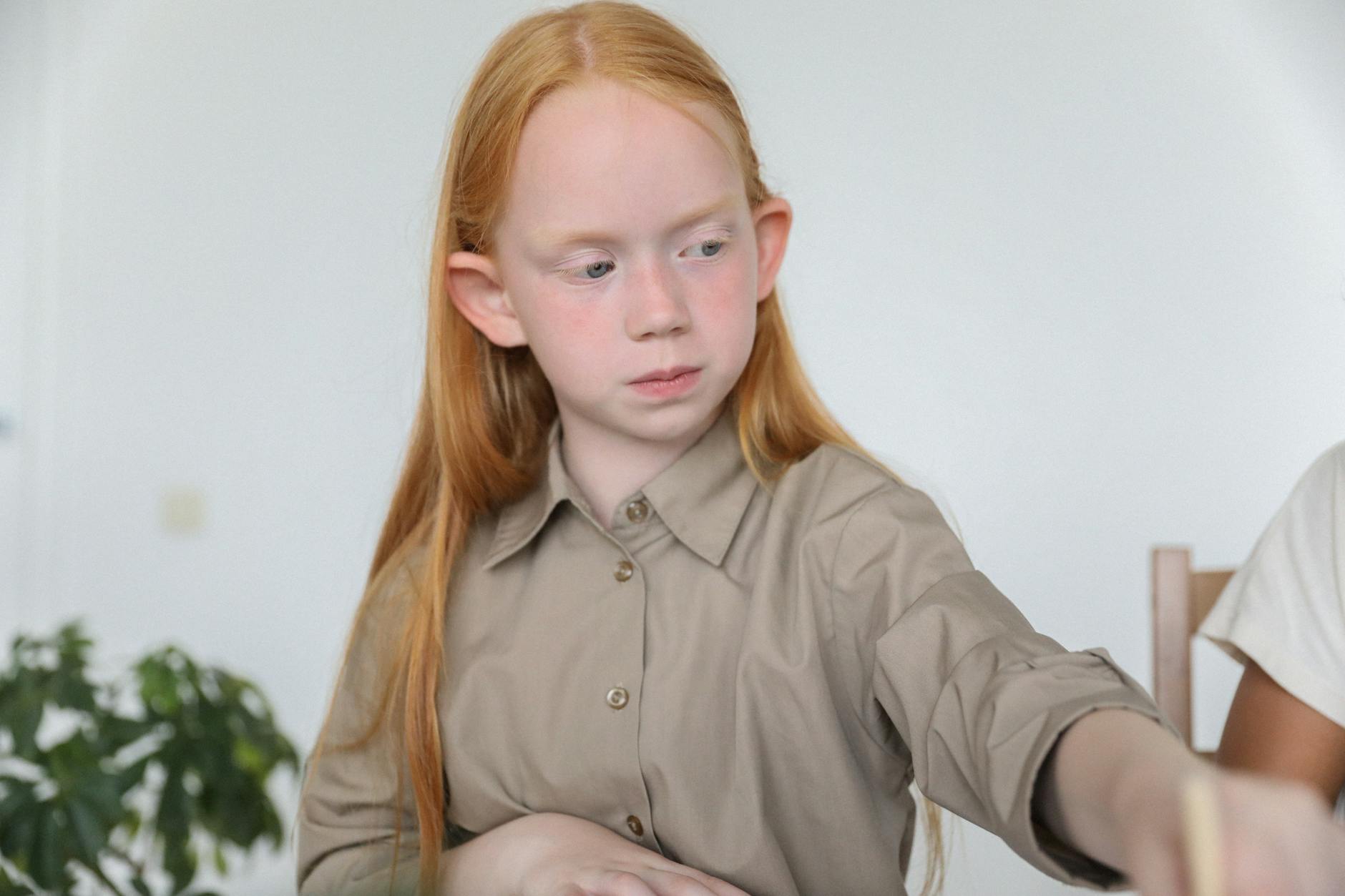How to Choose the Right Online Course for Disability Support in Australia

Identifying Your Needs
Navigating the shift to a new career in disability support involves recognizing your own needs and aligning them with your educational path. As you stand at this juncture, it’s vital to assess your career goals. Are you aiming to work within specific communities or focus on a particular aspect, such as men's mental health? Understanding these goals can help you find the right opportunities, like an early childhood education certificate online program, to further your impact.
Understanding your personal learning style is another key component. Do you thrive with hands-on experiences or prefer self-paced study? Some might find that online early childhood education programs, popular among those starting new careers, provide the flexibility needed to manage learning alongside other commitments.
Equally important is aligning your professional pursuits with your personal values and interests. Showing empathy and a desire to contribute positively is crucial, especially in roles like those found in disability support facilities near South Bank. These positions not only offer fulfillment but also connect you with communities needing support, much like those gathering at West End community health centers. This alignment doesn't just inform your work choices; it drives the purpose behind your endeavors.
As you identify these needs, you can map out a journey that not only meets your criteria but also supports longer-term ambitions, such as aiming for certificate 3 in community services job outcomes.
Exploring Course Options
Investigating Available Topics
Embarking on a career in mental health can be overwhelming, yet incredibly fulfilling. There's a lot to unpack when considering the right educational path. Exploring online certificate mental health programs is a great start if you're stepping into this sector. Many courses cover fundamental themes like mental health awareness, therapeutic strategies, and community engagement. But don't stop there—consider branching out into unique areas such as trauma support and disability advocacy, especially if you have interests aligned with the support facilities around South Bank.
Evaluating Course Outcomes
It's crucial to grasp how a course will contribute to your professional journey. Purpose-driven aspirations like choosing a career in early childhood education often require clear outcomes. Look for courses offering certifications recognized by relevant Australian authorities or professional bodies. Discuss with peers in community health centers at West End to gather insights into how these recognized credentials can elevate your prospects in mental health support roles.
Researching Providers and Accreditation
Accreditation is key when selecting a programme, whether in counseling courses canberra or elsewhere. Accredited courses ensure that the education provided meets a standard that will be respected in your field. Reach out to local support groups meeting at Kurilpa Point Park to acquire community recommendations on reputable institutions. This can encompass online and brick-and-mortar schools known for their comprehensive mental health curricula.
Overall, embarking on this educational journey requires careful consideration of the courses and providers that can effectively prepare you for your desired role in mental health.
Evaluating Course Quality
Reviewing Course Content
When venturing into a new field, it's crucial to thoroughly examine the course content to ensure it aligns with your aspirations. If you're considering a diploma in early childhood education in Australia, you should focus on whether the curriculum covers essential fundamentals like child development, inclusive education strategies, and practical training components. Community feedback from support groups meeting at Kurilpa Point Park can offer insight into how well a course addresses real-world needs. I recommend reaching out to these groups to get honest advice on which programs have been beneficial.
Checking Instructor Credentials
Another vital step is verifying the credibility of instructors. Ideally, your instructors should have significant experience in their field and a history of impactful work. In programs on how to become a counsellor, for instance, you'll want educators who have firsthand experience in counseling settings. Collaborating with peers from community health centers in West End can be invaluable here. They might have prior knowledge about the instructors' reputations and teaching styles.
Understanding Support Services
Finally, superior support services can enhance your learning journey. Look for courses offering resources like mentorship schemes and academic assistance. These can make a significant difference, especially if you are transitioning from another career. Engaging with local disability support facilities around South Bank might provide additional resources or support networks. They are often knowledgeable about supplementary services that enhance educational experiences and provide guidance tailored to individual goals.
Assessing Flexibility and Accessibility
Analyzing Scheduling Needs
If you're considering a career in disability support or working as a counsellor, understanding how to weave education into your life is crucial. I've found that online courses cater excellently to those needing flexibility. Whether you're a night owl or an early riser, these courses allow you to learn at your own pace. One of my friends once shared that when they opted for support worker online training, the ability to manage family responsibilities alongside coursework was invaluable. It might be beneficial to identify the busiest times in your week and plan your studies accordingly. This approach not only eases stress but also helps you absorb information effectively.
Evaluating Learning Platforms
The platform on which your course is hosted can make or break your learning experience. Interactive platforms with user-friendly interfaces, live webinars, and discussion boards are ideal for vibrant learning. I've seen many participants thrive when given a chance to discuss topics in real-time. If possible, look for platforms that offer trial periods or demos, so you can gauge whether the layout and resources suit your preferences.
Considering Support for Disabilities
Finally, it's vital to check if a course provides adequate support for disabilities. While physical access isn’t a barrier online, ensuring there are features like captioned videos, adjustable text sizes, and options for one-on-one tutoring can significantly enhance the learning experience for everyone. This inclusiveness mirrors the values we often discuss in community health centers, fostering a supportive and understanding learning environment.
Common Mistakes to Avoid
Overlooking Future Aspirations
Talking with fellow disability support professionals at locations like South Bank's community centers often reveals a shared challenge: losing sight of long-term career goals. Focusing solely on immediate needs can lead to missing out on courses that align with future aspirations. It's essential to step back and reflect on where you want to be in five to ten years. This helps in choosing courses that provide skills needed for disability support worker roles, ultimately contributing to meaningful career growth.
Neglecting Feedback from Peers
Feedback from peers, especially from those in West End's community health discussions, can be invaluable. Ignoring course reviews can result in enrolling in a program that's not well-suited to your needs. Engaging with others who have taken the course you're considering allows you to understand its strengths and weaknesses from a practical perspective. Peer insights can guide you to more fulfilling learning experiences and better prepare you for the demands of disability training courses in real-world settings.
Overlooking Trial Opportunities
Meeting with support groups at Kurilpa Point Park, I've found that many new entrants often skip trial classes. However, participating in trial sessions gives a more genuine feel for the course environment and teaching style. This brief experience can uncover crucial elements like the course's adaptability and its suitability for individuals with various learning needs. Ensuring the course accommodates your specific requirements is vital for effective learning and future success in disability support roles.


